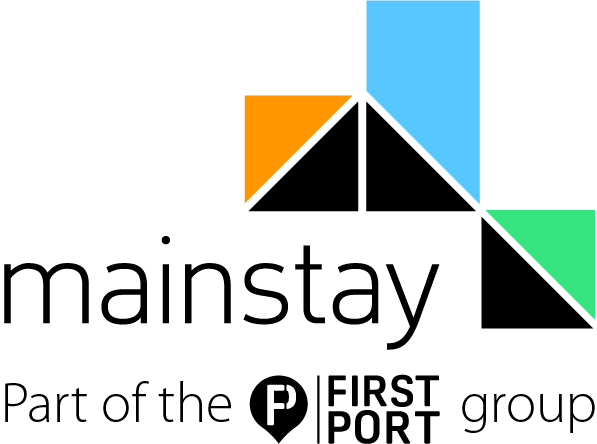The Secret To Creating Outstanding Customer Service Is Top People Management

Customer experience has become a buzzphrase across all real estate sectors. In the build-to-rent sector, customer experience is what singles out a building from those around it. In offices, landlords are competing to create the seamless, flexible, healthy working experience that occupiers want to offer staff. In retail, businesses are relying on providing an experience that draws people in.
So, what creates the difference between an average building experience and an excellent one? Amenities are important, as is technology, but to keep the cogs turning the right way requires a team of facilities management staff who feel appreciated and empowered.
“Today, customer experience is massive,” property management firm Mainstay Group Facilities Management Account Director Debbie Penn said. “We’ve always been in the background, fixing things, but now that has changed. We put our team in yellow shirts so people can see that an office is being cleaned. Our teams have become frontline heroes who keep people safe, and it will be like this for the significant future. To create a team that delivers the experience you want requires getting the right mindset from the beginning.”
Penn recently co-authored a guide with the Institute of Workplace and Facilities Management on how to manage people effectively to deliver a great customer experience. It outlined three pillars to good people management: seeking, growing and praising people.
Seeking
Facilities management today is a body of very different roles compared to only a few years ago. What people expect from real estate has changed — rapidly, in the case of the past 18 months — and the roles of the people who manage them have changed dramatically.
“People look at facilities management as changing a lightbulb or mending a toilet, but it’s so much more than that,” Penn said. “It’s about wellbeing and customer experiences. There are lots of links with hospitality, which people don’t realise. Mainstay’s portfolio is mainly commercial property, and tenants want to provide an experience for people that helps a business to excel. There is a big change in the way buildings are used post-Covid and the industry needs to respond to that.”
Finding the right people to work in facilities management isn’t always easy, Penn said. People often ‘fall into’ facilities management following another career. Boosting the sector requires an education drive to tell young people what the options are, including looking at apprenticeships and university courses.
Once a person has been recruited, the onboarding process must be thorough, including a full introduction to the whole company — not just the building in question. This will help new recruits to understand the customer experience that they will be part of delivering.
Growing
The workplace guide states that “the underlying message throughout all personal development should be an individual’s impact on the overall customer experience”. To this end, a landlord needs to have a clear vision and definitions of how each individual is important to achieving this vision.
“You often see lots of big decisions in a company made behind closed doors, at a board table,” Penn said. “We encourage an open management approach that empowers people to make decisions and mistakes. Eighty percent of doers in a business are not at management level, but there’s a lot of training for managers without much for people doing jobs.”
Mainstay Group sends all its cleaning staff on courses at the British Institute of Cleaning Science. Through its training, staff can gain certificates that demonstrate they have reached an industry-standard level of expertise, “which empowers them and gives them confidence,” Penn said.
Praising People
“Anyone who works in facilities management has sometimes felt it’s a thankless task,” Penn said. “If something is broken, people want it fixed immediately. You need to grow a culture of thanks, show that the management team cares and appreciates what everyone does.”
Penn advocated a bottom-up management approach, that encourages staff to own what they do and provide outstanding customer service. If teams can take ownership of their site, suggesting ideas for improvement, this will feed into a better experience for those using the building.
In 2020 Penn joined the IWFM’s customer experience working group because she wanted “to improve the impact of customer experience in the facilities management industry”. Though she admitted that she feels the industry has a long way to go, she does believe that the culture is improving. Today’s evolving working practices will continue to alter the way buildings are managed, leaving plenty of space for the facilities management industry to evolve with it.
This article was produced in collaboration between Mainstay Group and Studio B. Bisnow news staff was not involved in the production of this content.
Studio B is Bisnow’s in-house content and design studio. To learn more about how Studio B can help your team, reach out to studio@bisnow.com.

